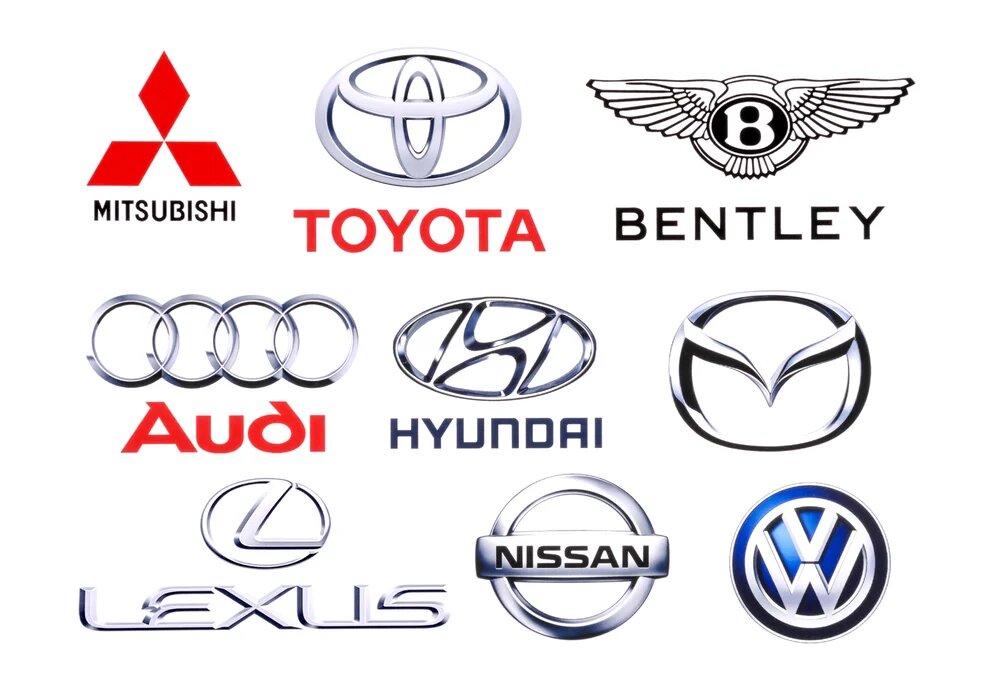In automobiles, “make” refers to the brand or manufacturer responsible for designing, engineering, and producing a particular vehicle. From iconic luxury brands to innovative electric car startups, each make brings its unique identity, craftsmanship, and engineering prowess to the automotive landscape.
But what exactly constitutes a car’s make, and how do different manufacturers differentiate themselves in a crowded market? In this comprehensive exploration, we’ll delve into the essence of a car’s make, examine notable examples from various manufacturers, and explore the diverse categories that define the automotive industry.
Understanding the Make of a Car:
The make of a car encompasses the brand or manufacturer responsible for bringing the vehicle to life, encompassing factors such as design philosophy, engineering expertise, and production facilities. Key elements that contribute to the make of a car include:
Brand Identity: Each car manufacturer has its distinct brand identity, shaped by its history, values, and design language. From the timeless elegance of luxury brands like Mercedes-Benz to the cutting-edge innovation of electric car pioneers like Tesla, brand identity plays a significant role in shaping consumer perceptions and preferences.
Engineering Excellence: The make of a car is also defined by its engineering excellence, reflecting the manufacturer’s commitment to quality, performance, and safety. Whether it’s the precision engineering of German automakers like BMW or the reliability and durability of Japanese brands like Toyota, engineering expertise is a hallmark of every car’s make.
Manufacturing Standards: A car manufacturer’s manufacturing standards and production processes are crucial in determining the quality and reliability of their vehicles. From state-of-the-art production facilities to rigorous quality control measures, manufacturing standards are integral to a car’s production.
Notable Examples of Different Car Makes:
Mercedes-Benz: Known for its luxury vehicles and uncompromising quality, Mercedes-Benz is synonymous with elegance, performance, and technological innovation. From the iconic S-Class sedan to the versatile GLE SUV, Mercedes-Benz vehicles embody the pinnacle of automotive engineering and craftsmanship.
Tesla: As a leader in electric vehicle technology, Tesla has redefined the automotive industry with its innovative approach to design, performance, and sustainability. The Model S, Model 3, and Model X exemplify Tesla’s commitment to accelerating the world’s transition to sustainable energy through cutting-edge electric propulsion and autonomous driving technology.
Toyota: Renowned for its reliability, efficiency, and value, Toyota is one of the world’s largest automakers. Its lineup includes compact sedans, rugged trucks, and SUVs. Models like the Camry, Corolla, and RAV4 are popular choices among consumers worldwide, offering practicality, durability, and fuel efficiency.
BMW: With a focus on performance, luxury, and driving dynamics, BMW has established itself as a leading premium automotive brand. The 3 Series, 5 Series, and X5 SUVs exemplify BMW’s commitment to delivering exhilarating driving experiences, cutting-edge technology, and timeless design.
Ford: As one of the oldest and most iconic American automakers, Ford has a rich history of innovation, from the Model T to the Mustang. Models like the F-150 pickup truck, Explorer SUV, and Mustang sports car showcase Ford’s versatility, reliability, and enduring appeal.
Categories of Cars:
The automotive industry encompasses various vehicle categories, each catering to different consumer needs, preferences, and lifestyles. Some common categories of cars include:
Sedans: These cars are famous for daily commuting and family transportation. They are characterized by their sleek design, comfortable interiors, and fuel-efficient engines.
SUVs: Sport Utility Vehicles (SUVs) offer versatility, ample cargo space, and rugged capability, making them ideal for outdoor adventures, road trips, and family outings.
Trucks: Trucks are prized for their towing capacity, payload capability, and durability, making them essential tools for work, recreation, and heavy loads.
Coupes: Coupes are distinguished by their sporty styling, two-door configuration, and agile handling, appealing to drivers seeking performance and style.
Electric Vehicles (EVs): Electric vehicles are powered by electric motors and batteries. They offer zero-emission driving, instant torque, and low operating costs, contributing to a more sustainable future.
Conclusion:
The make of a car encompasses the brand or manufacturer responsible for designing, engineering, and producing the vehicle, reflecting its unique identity, craftsmanship, and engineering prowess. From luxury brands like Mercedes-Benz to innovative electric car startups like Tesla, each brings its distinct heritage, values, and design language to the automotive landscape. As consumers navigate the diverse categories of cars available in the market, understanding the essence of a car’s make provides insight into its history, engineering excellence, and brand identity, empowering them to make informed decisions when choosing their next vehicle.
